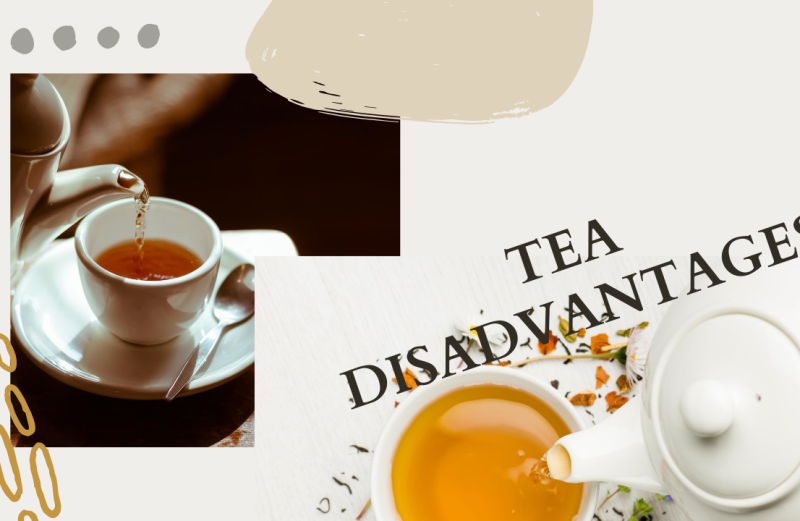Sipping Smart: Unveiling the Potential Downsides of Tea and the Rise of Ayurvedic Brews
Tea, a steaming cup of comfort and tradition, is a global beverage enjoyed for centuries. But like most things in life, moderation is key. While tea boasts a range of potential health benefits, there can be hidden downsides, especially with excessive consumption. This blog delves into the potential disadvantages of tea and explores how Ayurvedic teas offer a solution steeped in ancient wisdom.
The Tea on Tea’s Drawbacks
Caffeine Jitters: A major drawback of many teas, particularly black tea, is their caffeine content. This stimulant can cause anxiety, restlessness, and disrupt sleep patterns, especially for those sensitive to caffeine.
Digestive Discomfort: Tannins, naturally occurring compounds in tea, can irritate the digestive system, leading to nausea, stomach upset, or constipation. Additionally, tannins can slightly hinder the absorption of iron from plant-based sources.
Dental Discoloration: Black tea and other dark varieties can stain teeth over time, especially with frequent consumption. While proper dental hygiene helps, it’s something to consider.
Pregnancy and Medication Interactions: While moderate tea consumption is generally considered safe during pregnancy, consulting a doctor is crucial due to caffeine content. Tea can also interact with certain medications, so it’s important to be aware.
Enter Ayurvedic Teas: A Balanced Brew for Your Wellbeing
Ayurvedic teas, crafted with a blend of herbs and spices based on ancient Indian principles, offer a solution to these potential downsides. Here’s how:
Natural Ingredients, Lower Caffeine: Ayurvedic teas often use naturally caffeine-free or low-caffeine herbs, promoting relaxation and avoiding the jitters associated with high-caffeine teas.
Targeted Benefits: Ayurvedic teas are formulated for specific purposes. For example, some blends might focus on digestion with soothing herbs like ginger and fennel, while others might use calming herbs like chamomile and ashwagandha to promote sleep.
Enhanced Absorption: Certain Ayurvedic herbs like ginger can help improve iron absorption, potentially mitigating the iron-hindering effects of tannins.
Holistic Approach: Ayurveda emphasizes a holistic approach to health. Ayurvedic teas are often designed to address not just physical symptoms but also promote overall well-being.
Finding Your Perfect Cup
While tea offers a multitude of benefits, being aware of potential downsides allows you to make informed choices. Ayurvedic teas, with their focus on natural ingredients and targeted benefits, offer a unique path to enjoying tea while minimizing potential drawbacks. So, explore the world of Ayurvedic teas, discover flavors that tantalize your taste buds, and find a cup that supports your holistic well-being. Remember, a mindful sip is always a healthy sip!

